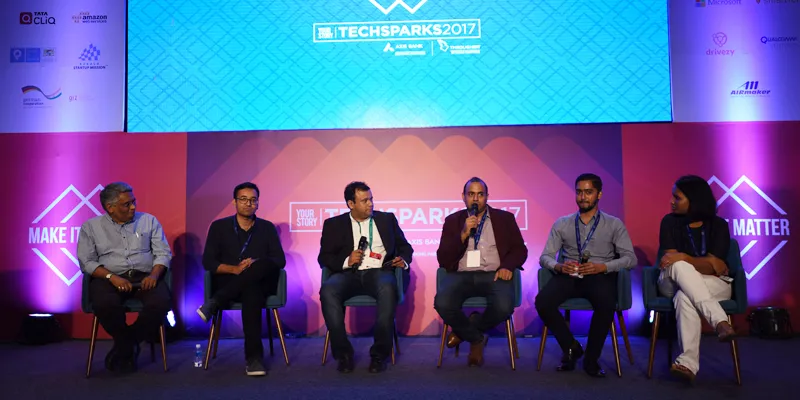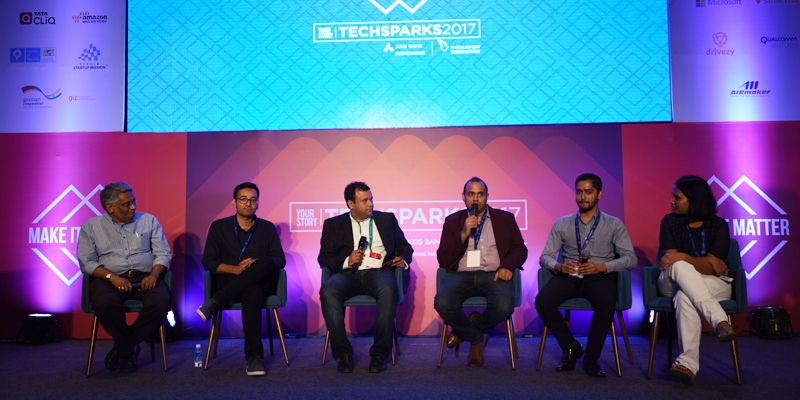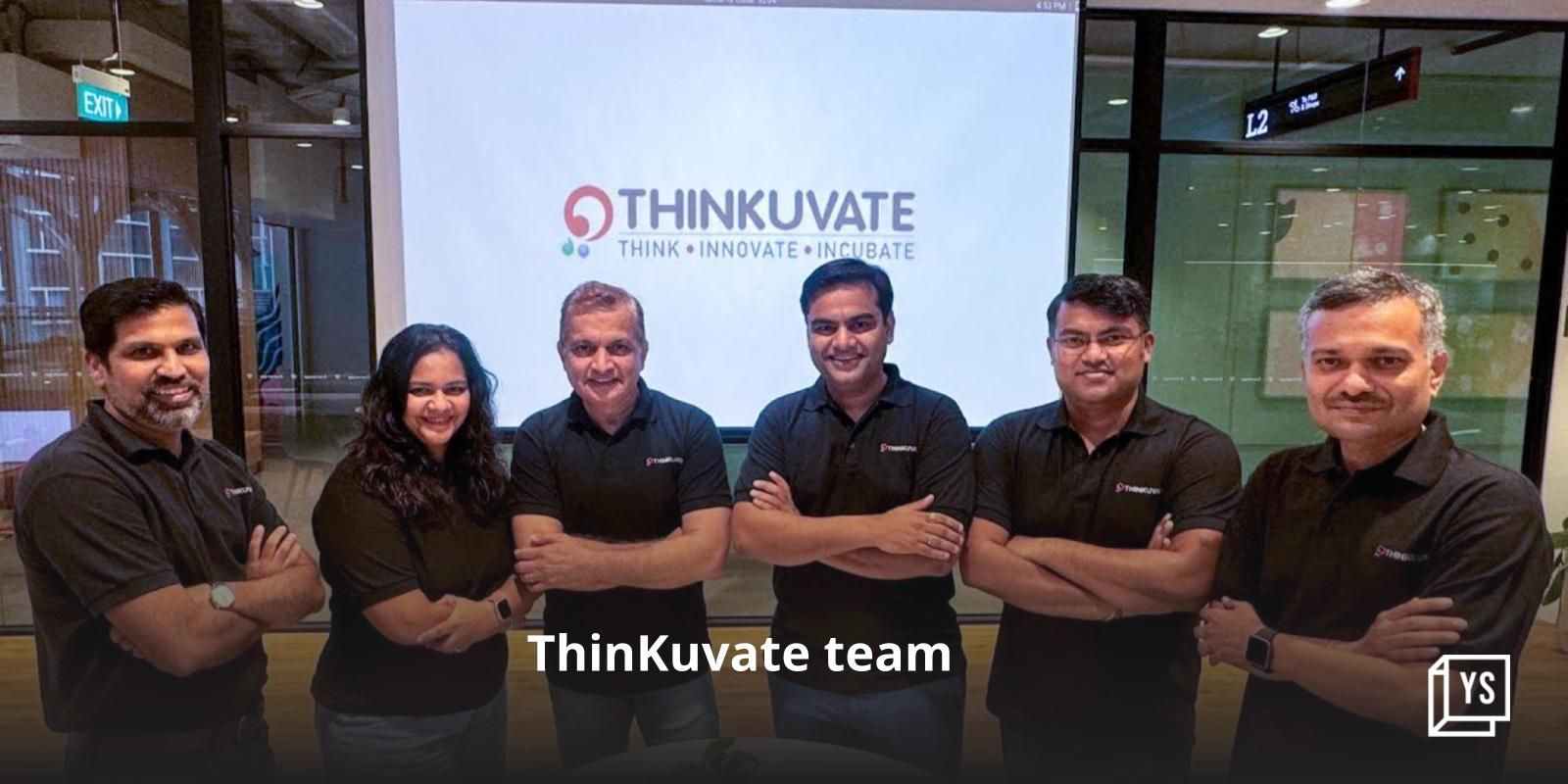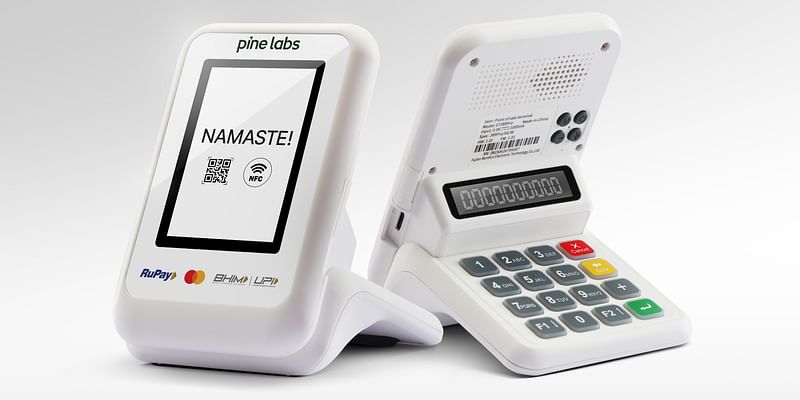Startups in manufacturing, India needs to up its game
India will have 1.9 billion IoT devices installed from the current base of 60 million devices, with a market size of $9 billion.
In the greasy industrial corridor of Marol in Mumbai, 30-year-old Mehul Dodia looks on as his machines precision-shape a gear component.
His startup, Electrocraft Industries, offers a wide range of qualitative and durable stamping dies, stamping punches, gears, stamping components, slitters and forming tools. These tools or dies are what make every component that keeps you mobile in a city. The parts go into buses and cars, machines that make furniture, and also door knobs and WiFi panels in offices. Before these parts reach the market, a small and medium business enterprise will sit with Mehul and study its metallurgical and structural integrity.
Therein lies the problem. “There is no private investment to execute high-end tasks,” Mehul says. He adds he has to manage his own cash and credit cycles to grow into a larger business. Today, SMBs like Electrocraft have no access to debt capital or venture capital. Their innovation is limited to the cash that they make.

According to a CRISIL report, there are 48 million SMBs in India while only 1 million have a digital presence, and export globally. The rest are industrial shops with technology that is neither forward-looking nor productive. They work on a margin where a large manufacturer would outsource production at the lowest cost possible, and expect reasonable quality.
The very fact that this industry needs support was echoed by a panel at TechSparks2017, which also spoke about how startups can focus on the manufacturing industry.
Naman Shah, Co-founder, NowPurchase (Moderator), Swapna Gupta, Investment Manager at Qualcomm Ventures, Viraj Kalyani, Founder, Kalyani Studio, MS Rao, Professor, IIT Madras, Tarun Mehta, Co-founder & CEO, Ather Energy and Lakshman Thattai, Co-founder, Unifize, had just one thing to say - Support startups in manufacturing, and technology startups can support manufacturing by creating an ecosystem of partnerships between academia, the funding industry and industry bodies.
The diagnosis
“The problem is that there is no long term capital deployed in manufacturing companies of the future,” says Tarun. One requires a vision of more than 10 years to build a startup in manufacturing, and this requires support from the industry. Tarun was right, because a scooter manufacturer in India set up a $40 million line to manufacture 450,000 scooters per year and that is not big money considering the fact that in the startup world, $40 million can be a series-B round. “Unfortunately, the current ecosystem does not share this view,” he says.
Manufacturing makes up 15 percent of India’s GDP, and with the government’ Make-in-India initiative, one only expects investments to increase. However, the reality today is that India has to soon make it big in manufacturing if it has to provide 300 million jobs by 2030, as per the Ministry of Labour statistics. While the consumer services and technology sectors will be job creators, manufacturing and agriculture will remain the largest employers.
“We have to help manufacturers fast with quality design and product development,” says Viraj. He says this is possible if medium sized industries can reach research institutes that are great at design.
“There is no doubt that the industry is capital intensive and requires research and finance to back them,” says Lakshman.
According to the Department of Industrial Promotion and Policy, the Make-in-India initiative has received commitments up to $222 billion from the likes of Apple and Xiaomi, among many others.
Academia, however, has remained a problem and IIT-Madras is creating a platform for manufacturing companies. “If you look at innovations, like GPS, they came out of research. The under-water sonar was built indigenously in India through research. India has the capabilities in manufacturing, it needs the right investment and support,” says Professor Rao.
With IoT, Indian manufacturing can grow faster.
Indian innovations in the IoT era are being ushered in by several small companies such as AIBONO and Peat in agriculture, Covacis in manufacturing, Purnatva in tracking school kids, Light Metrics in transportation and Gaia in smart cities.
Mahesh Lingareddy, Chairman of Smartron, says: “Today, the lives of digital natives, in the Bay Area and New York, are the same as those in Bangalore and Hyderabad.”
According to a Nasscom and Deloitte report titled Revolution in the Making, India will have 1.9 billion IoT devices installed, from the current base of 60 million devices, with a market size of $9 billion 2020 . If this “really” happens, India’s installed base will be 10 percent of the total volume of the globe. In terms of market size, India will be 0.40 percent of the total global value of $3 trillion.
However, industrial adoption is what is really driving this wave. The 5,000 farmers in Maharashtra and Gujarat who use M&M tractors will explain how the internet is benefiting them. Each of their tractors generates data worth 5MB per day; only a select few parameters are programmed to be captured, but the equipment can generate volumes of data. Tractors are fitted with Bosch’s IoT devices whose sensors can track operations on a real-time basis.
India certainly has the base to make manufacturing a viable career option. Before that, however, the ecosystem of academia, private sector, and government should move it from being an island of confusion to a unitary system of bringing about creativity and innovation in manufacturing. Then, add startups to the mix to find more solutions.











